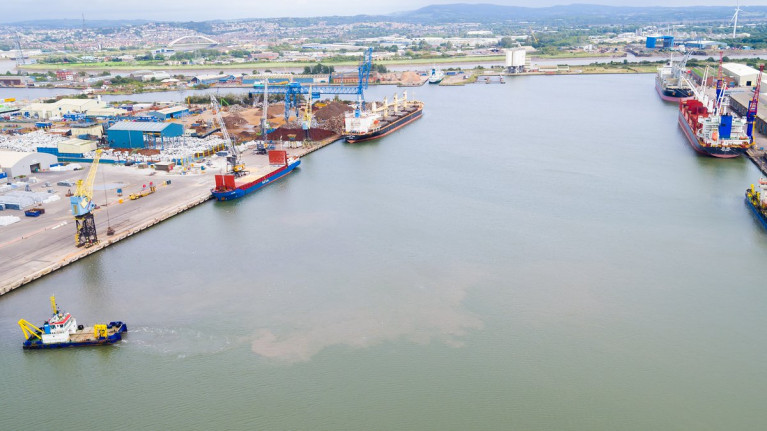Displaying items by tag: UK supply chain etc
Largest Port Operator in UK Launches Development Initiative With More Strategic Land
The largest port operator in the UK, Associated British Ports (ABP), is bringing forward more than 1,000 acres of development land to support the UK’s supply chain, manufacturing and renewable energy sectors.
ABP operates 21 ports around the UK and is making 14 strategic sites, encompassing a total of 1,075 acres (435ha), available for a range of business uses.
ABP’s Chief Executive Officer, Henrik L. Pedersen, comments: “Our ports – with their superb connectivity both domestic and internationally, together with established infrastructure – already play a key role in the UK manufacturing, supply chain and energy sectors.
“This initiative will enable a growing number of businesses to leverage our land, property partnering expertise and power capacity. We believe this can make a significant contribution to the country’s economic vibrancy and supply chain efficiency."
“ABP is a strategic partner for UK businesses assisting the country’s post-pandemic recovery, and achieving the common goal of decarbonisation.
A first tranche of 14 sites is being brought forward at ports including: Cardiff, Immingham, Newport (see photo), Port Talbot, Southampton and Hull. Next year will see the release of further opportunities. All locations benefit from strong rail and road connectivity plus renewable energy generation.
During the next 18 months, ABP has committed to spending more than £5m to make the sites ready for development, obtaining appropriate outline planning consents, technical understanding and carrying out essential land preparation.
Enhancing the supply chain
Bruce Robertson, head of supply chain and consumer advisory at CBRE – which is advising ABP on the initiative – comments: “The country needs more distribution hubs adjacent to major conurbations with a good labour supply and which can connect into our road and rail networks. These ABP sites are superbly situated to do just that.
“The need for more warehouse space to fulfil online retailing – which is growing and was accelerated by the pandemic – plus ongoing labour shortages are putting unprecedented pressure on the UK’s supply chain.”
The UK currently has the third highest e-commerce penetration ratio globally at 24% with annual online spend of approaching £100bn. The online spending ratio is forecast to rise to 32% by 2025. It is estimated that for every additional £1bn of online spend around 1m sq ft of logistics space is needed to fulfil delivery.
Supporting manufacturing and green energy production
Port-centric manufacturing projects have already seen ABP partner with a wide range of businesses to co-invest in bespoke facilities. And as the UK reshapes its energy generation strategy, port locations will play an increasingly important role in supporting the offshore wind industry.
Henrik L. Pedersen added: “One of our biggest offshore wind projects is Green Port Hull – a £310m state-of-the-art production and assembly facility on which we partnered with the wind turbine supplier, Siemens Gamesa Renewable Energy.
“Facilities off the East Coast of the UK will play a pivotal role in green energy generation, and we believe our land development initiative can help anticipate future manufacturing demand for these facilities on the way towards a net zero carbon country.”
Full list of site locations and sizes:
ABP Business Park, Cardiff (36 acres)
Atlantic Side South Dock & West Way, Newport (two sites of 73 acres and 18 acres respectively)
Cliff Quay, Ipswich (11 acres)
Grimsby Automotive Park (92 Acres)
Harbourside, Port Talbot (85 acres)
Hull International Enterprise Park (468 acres)
Imm-Port and Queens Road, Immingham (two sites of 51 acres and 9 acres)
King George & Queen Elizabeth Dock, Hull (159 acres)
Redbridge and Site L, Southampton (two sites of 42 acres and 7 acres)
High Level North Dock & 1:40, Liverpool (two sites of 6 acres and 11 acres)
























































